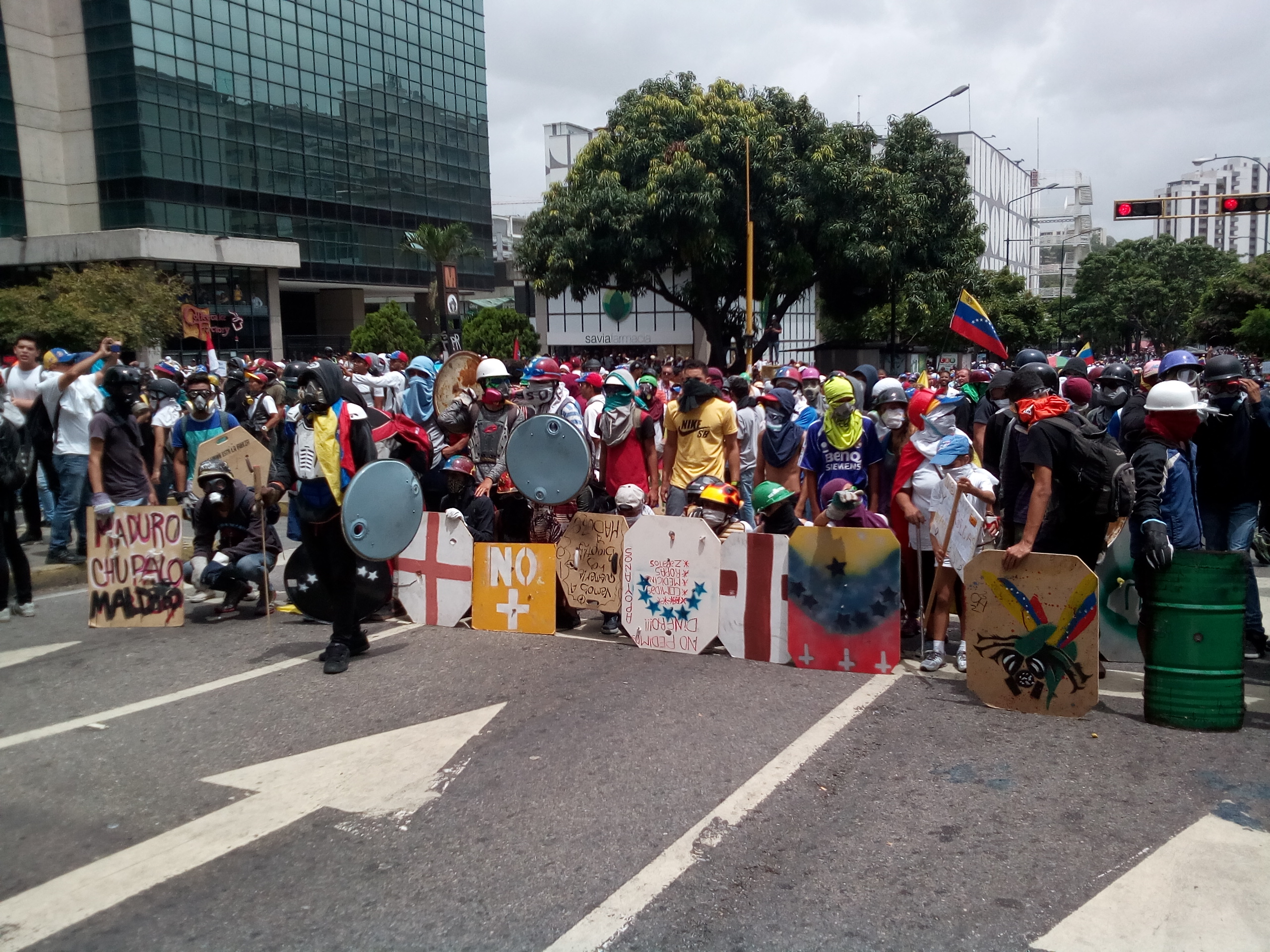Anyone that’s versed in Socialist/Communist thinking will understand that any transition that takes place within a ‘people’s republic’ also includes a removal of the old system to be exchanged with an era of Authoritarianism otherwise known as ‘The Dictatorship of the Proletariat‘ for the final stages. But as history shows, this yields horrific results.
The Former Soviet Union, The People’s Republic of China and North Korea have demonstrated that far from creating a world without borders and fair society, it merely replaces one dominant sphere with another; more vengeful and protective of its new power. Death tolls under such regimes ranged from 63-100 million, along with a long history of repression of human rights(1).
Why is this relevant?
So why do I bring this up? Playing Tropico 5 made me do the homework. For those of you who aren’t too familiar; the Tropico series began back in 2001, and It’s a series which I was otherwise oblivious to. But with my new gaming PC, it came already installed, so I ventured in.
Suffice it to say, as I played and learnt the history surrounding (not Tropico) Latin states from the colonial to the 21st century, I’ve come to dislike the ‘Revolution’ as one spoken character keeps talking about. Because it just made me think what I always do when I’m confronted by someone carrying the Hammer and Sickle, as they talk about ‘Ending Capitalism’; that they spend too much time fetishising ‘Revolution’ and no time counting the bodies and consequences.
A game of satirical layers
But it didn’t really stop there: It killed off some of my romanticism of international relations. As well as the diplomacy that’s tied to the elements of trade within your little Island paradise. And this isn’t a coincidence; the game has centred its entire franchise on a satire of ‘Banana republics’ from the portrayal of the characters to the mechanics of the game. But as time went on, it showed more and more the iterations of political regimes that came to rule some of these Latin-American Nations.
The ‘Governor’ in this case is the Dynastic ‘Presidente’ (somewhat defeating the term), taking the reins in establishing a nation against his/her former Empire (Not against that). But as you go onward, the construction and research trees you can take become industrialised and more repressive; including Asylums, Prisons, military bases all for the potential to repress dissent and repel invasion.
That doesn’t sound like an alien game to me, that’s Cuba and Venezuela. I’m not against playing a hypothetical in games of people and nations, but as I’d learn about people like Che Guevara, Fidel Castro, Hugo Chavez and the like, I found two distinct things were happening.
First, the mechanics mean that the pressure is on for making money, so the chances were that sooner or later you’d face a rebellion. The second was that, in crushing resistance, we’re not doing something that isn’t just make-believe; this sort of thing happened and STILL happens in countries like Cuba, Venezuela, Columbia and the like.
Tropico is more than just Socialist Satire
But it’s easy to just dump on communism for this, but it played a dramatic part in systematic repression within the countries, but the USA and Cold War played their roles. These events are demonstrated within Tropico 5 through trade and diplomacy. If your ‘Banana Republic’ trades with one country more than the other. You’ll be invaded by Axis/Allied or Soviet/NATO forces, so it’s up to the player to balance a political tightrope or stand on a side.
For anyone unfamiliar, in Michael Dobbs’ book(2) on the Cuban Missile Crisis; this same tightrope is the reason for Castro’s position in Cuba as a ‘Marxist-Leninist’ regime. The player must, like Castro or Chavez, find their place on the geopolitical chessboard. Many of the characters are caricatures, however, meant to show what many of these Leaders were; not elected ‘Presidents’ (fair play to you if you did) but Dictators who used their position to aggrandise themselves and their followers.
Painless and without consequence in video gaming? Absolutely; No-one ever mourned a virtual war. Actions are taken such as crushing dissent just reminded me of Latin-America’s historical examples. It’s why I can’t understand people my age when they praise Chavez/Maduro when I have strong feelings the other way.
Although you always have the choice to be a genuinely benevolent ruler; cutting taxes, providing free food and education while hosting free elections. With those conditions, I have no right to complain right? But I’ve always been a sceptic/cynical person when I see a silver platter in any sense.
Gibson, J, L. (1993). ‘Perceived Political Freedom in the Soviet Union’. The Journal Of Politics. University of Chicago Press, USA. Pp.936-40
Dobbs, M. (2008). ‘One Minute to Midnight: Kennedy, Khrushchev and Castro on the brink of Nuclear War’. Arrow Publishing
James McQuillan
Latest posts by James McQuillan (see all)
- YouTubers & Twitchers: Awareness & Advocacy for Mental Illness - December 13, 2017
- Tropico’s Glorification of Dictatorships and Banana Republics - October 10, 2017


